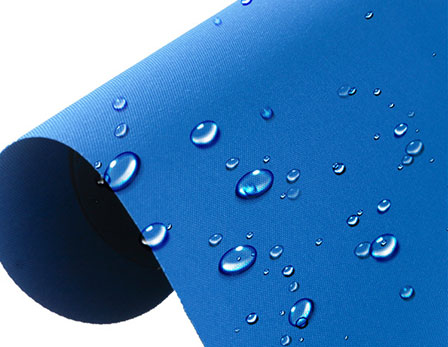

What is polyester fabric?Polyester fabric is a synthetic textile material known for its exceptional performance characteristics. It is widely used in various industries, including fashion, sports, and home decor, due to its unique properties.
Polyester fabric is a man-made material composed of long-chain polymer fibers. These fibers are derived from petrochemical products and are created through a process called polymerization. The resulting fabric is strong, lightweight, and resistant to wrinkles and shrinking.
One of the key properties of polyester fabric is its strength and durability. Polyester fibers exhibit high tensile strength, which makes the fabric resistant to tearing and stretching. This durability allows polyester garments and textiles to withstand frequent use and laundering without significant wear and tear.
Is polyester fabric stretchy?Polyester fabric is renowned for its excellent wrinkle resistance. Unlike natural fibers like cotton or linen, polyester does not easily crease or wrinkle. This property makes polyester garments ideal for travel or situations where a crisp and neat appearance is desired.
Is polyester a breathable fabric?Another notable property of polyester fabric is its moisture-wicking capability. Polyester has low absorbency, meaning it does not retain moisture like natural fibers do. Instead, it wicks away moisture from the skin, allowing it to evaporate quickly. This feature makes polyester fabric comfortable to wear during physical activities or in warm climates.
Polyester fabric dries faster than most other fabrics. Its low absorbency and moisture-wicking properties enable it to release moisture quickly, facilitating faster evaporation. This quick-drying characteristic is particularly advantageous for outdoor enthusiasts or individuals who lead an active lifestyle.
Can you paint on polyester fabric?Polyester fabric is highly resistant to fading and color bleeding. The synthetic fibers used in polyester production have excellent color retention properties, ensuring that the fabric maintains its vibrant and vivid colors even after multiple washes. This quality makes polyester an ideal choice for garments and textiles that require long-lasting color integrity.
In addition to colorfastness, polyester fabric also exhibits impressive fade resistance. It can withstand prolonged exposure to sunlight without fading or losing its original hue. This property makes polyester fabric suitable for applications where exposure to sunlight is inevitable, such as outdoor furniture or awnings.
Polyester fabric is renowned for its easy care and low maintenance requirements. It is machine washable and can withstand regular laundering without losing its shape or color. Additionally, polyester garments are less prone to wrinkling, reducing the need for ironing or steaming.
Contrary to popular belief, polyester fabric can offer breathability when designed with appropriate construction techniques. Manufacturers can create polyester fabrics with breathable properties by incorporating advanced moisture-wicking technologies and strategic ventilation zones. This allows for improved airflow and enhanced comfort, making polyester suitable for various climates and activities.
Polyester fabric has come a long way in terms of its texture and feel. Modern advancements in textile engineering have resulted in softer and more comfortable polyester fabrics. The fibers can be processed to mimic the softness and drape of natural fibers, making polyester garments cozy and pleasant to wear.
Polyester fabric's versatility is another significant advantage. It can be blended with other fibers, such as cotton or wool, to create fabrics with enhanced performance properties. Polyester blends offer the best of both worlds, combining the strength and durability of polyester with the breathability and comfort of natural fibers.
Polyester fabric is generally more affordable compared to many natural fibers. Its cost-effectiveness makes it an attractive option for budget-conscious consumers. Additionally, the longevity and easy maintenance of polyester garments contribute to their overall value for money.
While polyester fabric offers numerous benefits, it is important to address its environmental impact. Being a synthetic material, polyester is derived from petrochemicals, which are non-renewable resources. However, advancements in recycling technologies have made it possible to produce recycled polyester, known as rPET, which helps reduce its environmental footprint.
Polyester fabric is widely used in clothing, home furnishings, outdoor gear, upholstery, and industrial applications due to its versatility and performance properties.
In conclusion, polyester fabric has an array of desirable properties that make it a sought-after choice in various industries. From its strength and durability to its wrinkle resistance, moisture-wicking capabilities, and versatility, polyester offers numerous advantages. While considering its environmental impact, advancements in recycling technologies pave the way for a more sustainable future. Whether it's for clothing or home decor, polyester fabric continues to provide functional and stylish solutions.